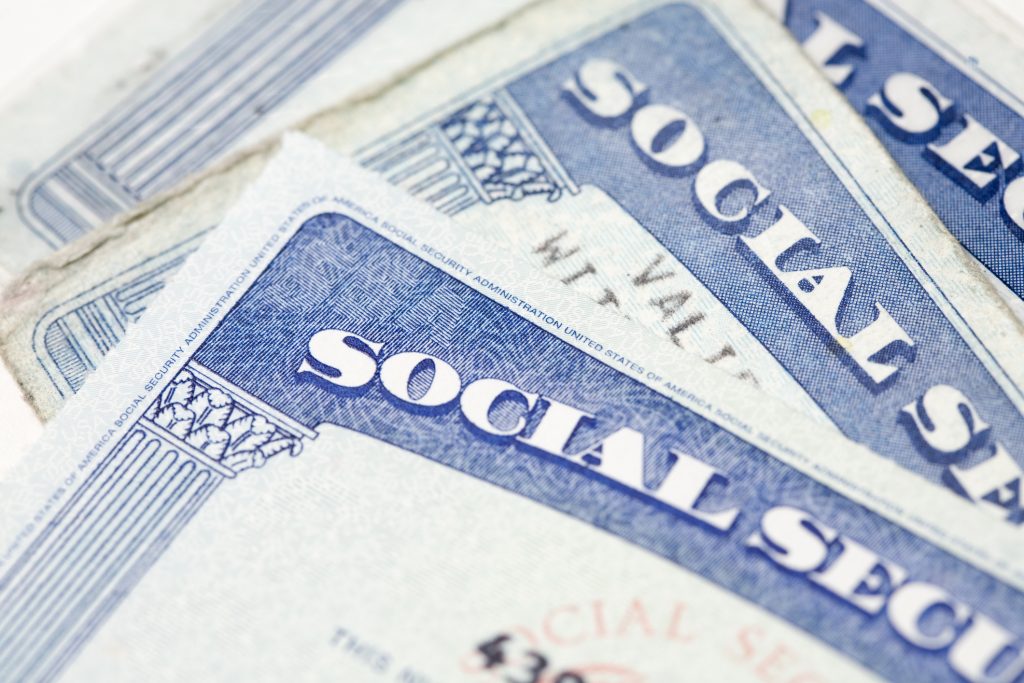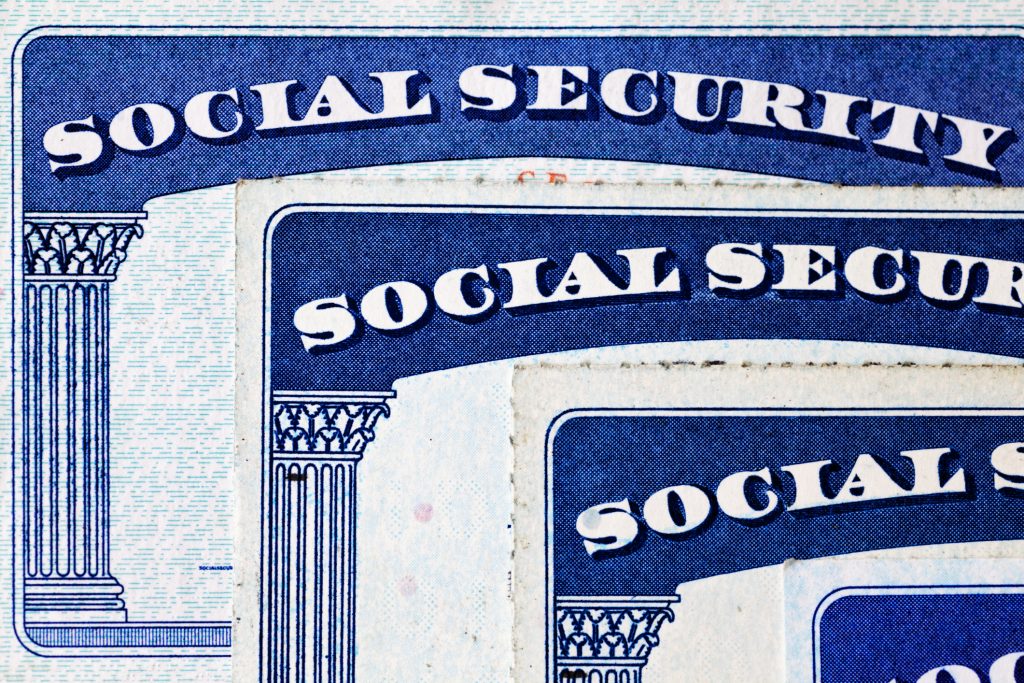Even if you have personal savings, life without Social Security would probably be difficult. You count on those regular checks to help you cover your living expenses. If anything, they don’t go far enough.
So it can be alarming when your checks suddenly start shrinking, but it can happen. Understanding the three main reasons why can help you prepare for or possibly avoid some of these issues entirely.
Where to invest $1,000 right now? Our analyst team just revealed what they believe are the 10 best stocks to buy right now. Learn More »

Image source: Getty Images.
1. Signing up for Medicare
Early Social Security claimers may see their checks drop when they apply for Medicare at 65. When you’re enrolled in both programs, the Social Security Administration usually withholds your Medicare premiums from your benefit checks so you don’t have to pay this expense separately. However, if you’d rather pay another way, you have options.
You can elect to pay your Medicare premiums:
- Online through your Medicare account
- Using your bank account’s online bill pay
- Through the mail by check, credit card, debit card, money order, or health savings account (HSA) card
However, most people find it more convenient to have their Medicare premiums withheld automatically.
Most people don’t pay a premium for Part A coverage. The Part B monthly premium is $185 for most people in 2025. However, some high earners pay more. When you sign up for Medicare, you should receive information outlining how much you’ll pay per month.
2. Failing to pay certain debts
Most creditors aren’t able to garnish your Social Security benefits if you stop paying your bills. But there are a few exceptions. The first is the federal government.
If you owe back taxes, the IRS can withhold up to 15% of each of your checks until you’ve repaid the outstanding debt. You may be able to avoid this by contacting the IRS to set up a payment plan or negotiate your outstanding debt.
The other big exception to the garnishment rules is for unpaid alimony and child support. If you’re supporting another spouse or child, you could lose up to 50% of your Social Security checks until you’ve paid back what you owe. If you aren’t supporting another spouse or child, the government can withhold up to 60% of your checks until the debt is repaid. It can also garnish an additional 5% of your checks if you’re more than 12 weeks behind on child support or alimony payments.
You can avoid this by staying on top of your debt obligations. If you fall behind, communicate with the other party. You may be able to seek a court order to modify the payments in some cases.
3. Encountering the earnings test
The Social Security earnings test withholds benefits from some workers who claim Social Security while under their full retirement age (FRA) — 67 for most people today. You’ll lose $1 from your checks for every $2 you earn over $23,400 if you’re under your FRA all year. You only lose $1 for every $3 you earn over $62,160 if you’ll reach your FRA later this year and earn this much before your birthday.
In some cases, this could take your entire check. But there is an upside. When you reach your FRA, the Social Security Administration recalculates your benefit, and you’ll receive larger checks going forward. How much larger depends on your income history and how much the earnings test withheld from you.
You can avoid the earnings test in two ways. First, if you don’t need your Social Security checks right now, you could wait to apply until you either retire or reach your FRA. The earnings test doesn’t apply to those at or over their FRA, regardless of how much they earn.
If that doesn’t work for you, you could consider reducing how much income you earn from your job, perhaps by reducing your hours, assuming your employer allows this. However, this might not give you the cash you need to cover your expenses today. For some, it might be worth dealing with the temporary reduction the earnings test causes, knowing you’ll get more later on.
If you have any questions about how the earnings test works or how the government calculates your checks, reach out to the Social Security Administration for more information.
The $22,924 Social Security bonus most retirees completely overlook
If you’re like most Americans, you’re a few years (or more) behind on your retirement savings. But a handful of little-known “Social Security secrets” could help ensure a boost in your retirement income.
One easy trick could pay you as much as $22,924 more… each year! Once you learn how to maximize your Social Security benefits, we think you could retire confidently with the peace of mind we’re all after. Join Stock Advisor to learn more about these strategies.
View the “Social Security secrets” »
The Motley Fool has a disclosure policy.
 fool.com
fool.com benzinga.com
benzinga.com



